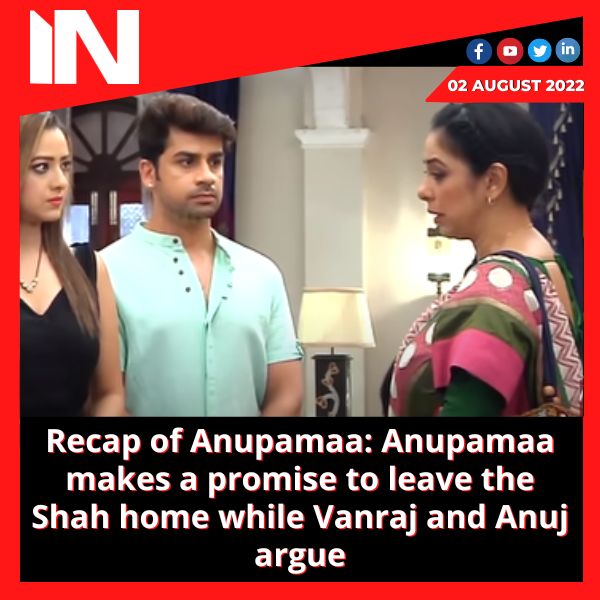The Bharatiya Janata Party (BJP) on Monday said that the Centre’s decision to step in and help Delhi government combat the spiraling cases of Covid-19 infection in the national capital is a cooperative exercise rather than one where it has wrested control from the state.
The party’s response has also been in sharp contrast to the political wrangling that erupted in the Opposition-ruled states of West Bengal and Maharashtra over their handling of the pandemic.
A senior party functionary said the two governments are working together to address the situation instead of “trading blame”.
According to party functionaries, Delhi’s deputy chief minister Manish Sisodia’s statement made a week ago where he said that Covid-19 cases in the city are likely to reach 5.5 lakh by the end of July became the trigger for the central government to step in and steer the state’s response.
“Sisodia’s statement was an indication that the Aam Aadmi Party (AAP) government seemed to have loosened its grip on the situation. When the home minister (Amit Shah) decided to help the state; it was a move where the center stepped in without over-stepping,” said a second person aware of the details.
Since Sunday, Shah has held several rounds of meetings and even inspected a government-run hospital.
The bitterness that erupted between the Centre and the governments of West Bengal and Maharashtra when inter-ministerial central teams were deputed to spot assessment of the situation has been largely missing this time.
Within hours of the team being announced, West Bengal Chief Minister Mamata Banerjee had questioned the Centre’s move. She also targeted Shah, claiming letters meant for the state government was released to the media before they reached the CMO (chief Minister’s Office).
In Maharashtra, the ruling Shiv Sena, Congress, and NCP combine has also blamed the BJP for politicizing the issue. NCP’s Jayant Patil said if the BJP blames the Maharashtra government for the spread of the virus in the state, should the Centre be blamed for the failure to check the spread of Covid-19 in the country.
In contrast, following meetings with Shah, Delhi CM Arvind Kejriwal tweeted, “Extremely productive meeting between Del govt and Central govt. Many key decisions taken. We will fight against corona together.”
Even as BJP state unit in Delhi has trained its guns on the Arvind Kejriwal government for not ramping up testing facilities and medical care infrastructure, the leadership has shown more restrain.
On Monday, Shah, held another round of meetings, including one with all political party where the representatives reiterated the need to keep political differences aside to fight the pandemic.
So what led the BJP to soften its stand against a political rival? “We have been demanding answers from the AAP government about the spending on medical infrastructure but there has been no response. We opposed the decision of not admitting people from outside Delhi to hospitals here; a decision that was reversed by the LG. It is not that the BJP has abdicated its duties as a responsible Opposition, but the challenge is such that we need to join forces to save lives,” said a Delhi state functionary.
Commenting on the process of the political adversaries sitting across the table in Delhi to find a solution, Ajay Gudavarthy, professor of political science at Jawaharlal Nehru University said, “Modi-Shah working modality is geared towards election management. Bengal is due for election while in Delhi it’s over. We saw similar animosity towards Kejriwal before elections in Delhi. They also wish to create a perception that Mamta is aggressive and cannot work with the center and in the process, Bengal is losing out.”
News Source: HIndustanTimes
Also Read: Actor Sushant Singh Rajput Committed Suicide At His Home In Bandra

%20(2).jpg)
%20(2).jpg) Celebrity Lifestyle1 month ago
Celebrity Lifestyle1 month ago
 Celebrity News1 month ago
Celebrity News1 month ago
 Trending1 month ago
Trending1 month ago
 Web Series1 month ago
Web Series1 month ago.png)
.png) Tollywood1 month ago
Tollywood1 month ago
 Trending1 month ago
Trending1 month ago%20(1).jpg)
%20(1).jpg) Hailee Steinfeld1 month ago
Hailee Steinfeld1 month ago.jpg)
.jpg) Hollywood4 weeks ago
Hollywood4 weeks ago







.jpg)
.jpg)
.jpg)
.jpg)

.jpg)







